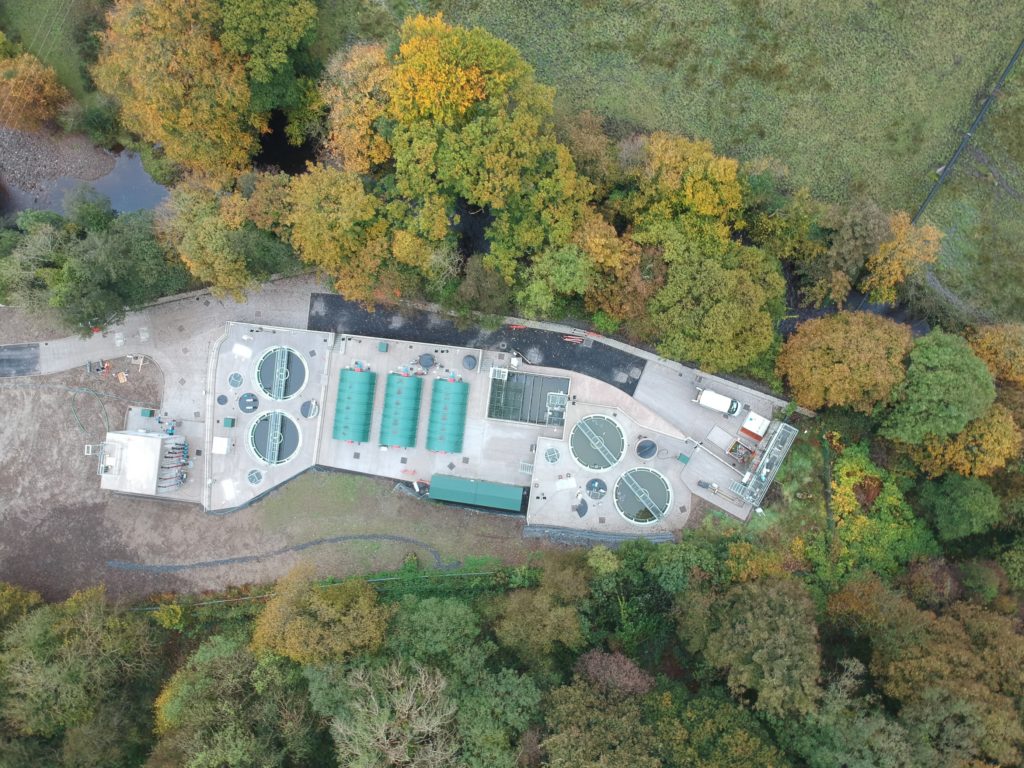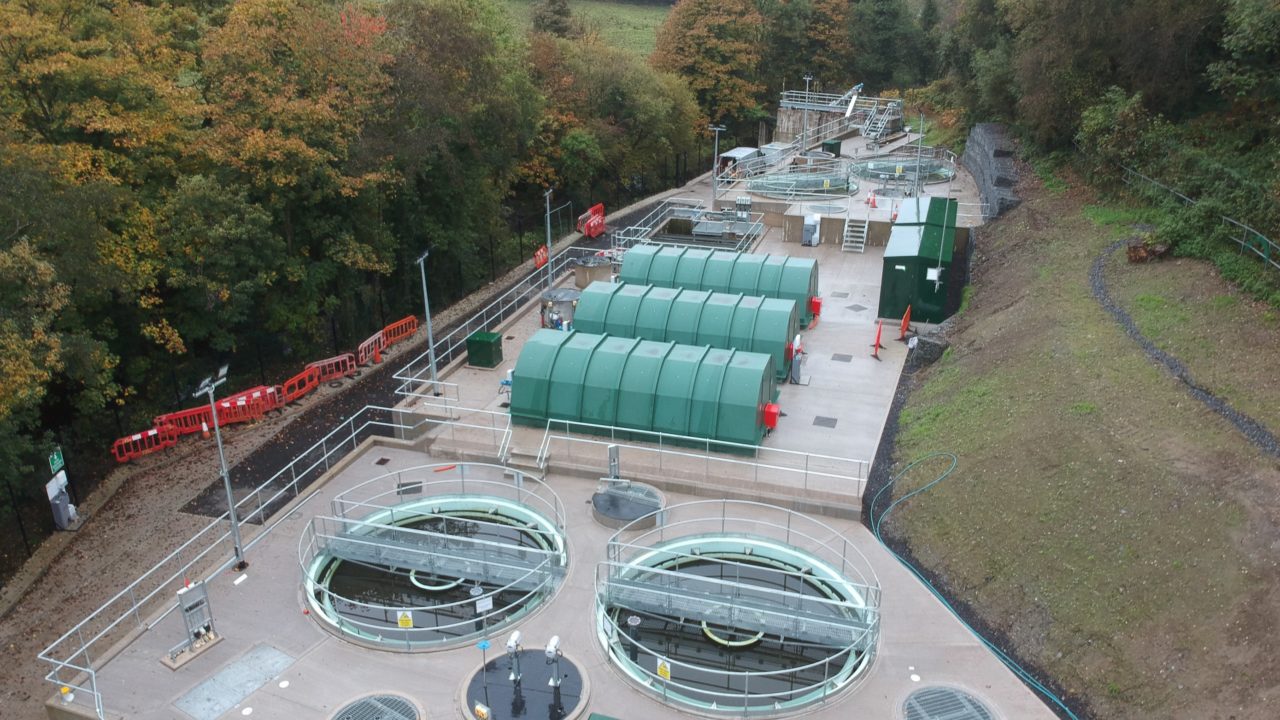A major cross-border project, aimed at improving water quality in Carlingford Lough and Lough Foyle has reached the halfway stage.
The Shared Waters Enhancement and Loughs Legacy (SWELL) project – which is being led by NI Water working in partnership with Irish Water, the Agri-Food and Biosciences Institute (AFBI), and Loughs Agency and East Border Region – was awarded €35 million in 2019, as part of the EU’s INTERREG VA Programme, managed by the Special EU Programmes Body (SEUPB).
It comes just a week after a new government report revealed Northern Ireland has failed to make any significant progress towards its river basin water quality targets over the last six years.
The four-year project involves the construction of new wastewater treatment works as well as upgrades to sewerage networks at strategic locations on both sides of the border to address wastewater pollution in Carlingford Lough and Lough Foyle.
Martin Gillen, NI Water programme lead for SWELL, said: “We are delighted to successfully commission new wastewater infrastructure at Warrenpoint Wastewater Treatment Works and Newpoint Wastewater Pumping Station (Newry) located in the Carlingford Lough drainage basin and at Strabane Wastewater Treatment Works and Donemana Wastewater Treatment Works located in the Lough Foyle drainage basin.
“The work carried out at these key NI Water sites involved extensive upgrades of the existing wastewater assets to improve the quality of discharge to the respective waterways which impact on the shared waters of Carlingford Lough and Lough Foyle.
“The completion of these four sites marks a major milestone in the overall SWELL project, and I would like to thank NI Water’s project management support team from McAdam Design and all our local contractors – GEDA, Water Solutions Ireland, GRAHAM, BSG Civil Engineering and Deane Public Works – who have worked tirelessly through very challenging times to successfully deliver this new infrastructure.”
SWELL partner, Irish Water will deliver a further four projects at Lifford, Killea and Carrigans in Co. Donegal and in Omeath, Co. Louth, which are due to get underway this spring.
With match-funding for the SWELL project provided by the Department of Housing, Local Government and Heritage in Ireland and the Department of Agriculture, Environment and Rural Affairs in Northern Ireland, the SWELL project will culminate in the development of an innovative ecosystem legacy model.

Adele Boyd, senior scientific officer with AFBI, explained: “The SWELL ecosystem model will link various aspects of environmental modelling such as urban drainage models, catchment models, coastal models and ecological models, undertaken within the catchments and the respective loughs over the lifecycle of the project.
“When fully developed, the SWELL ecosystem model will be able to track the pathways of nutrients and contaminants of wastewater, industrial or agricultural sources to determine their impact on the receiving waters.
“Importantly, this legacy model will assist the water utilities and regulatory bodies on both sides of the border by identifying best approaches to achieving further improvement of overall water quality in the future.”
Underlining the importance of the project, Gina McIntyre, chief executive of the SEUPB, added: “Greater levels of cross border collaboration are essential so that we can improve the water quality of our shared waters and meet the relevant standards under the Water Framework Directive.
“SWELL is one the highest value projects to be funded under the EU INTERREG VA Programme and as such represents a significant long-term investment in our natural water resources.
“Key infrastructure is now in place, and despite current restrictions, the project is delivering upon its objectives.”
